
Progress report: Hawaiʻi’s working families need more support
Advocates for working families are concerned that bad things are coming with federal cuts and hoped the legislature would do more to increase the state’s safety net.
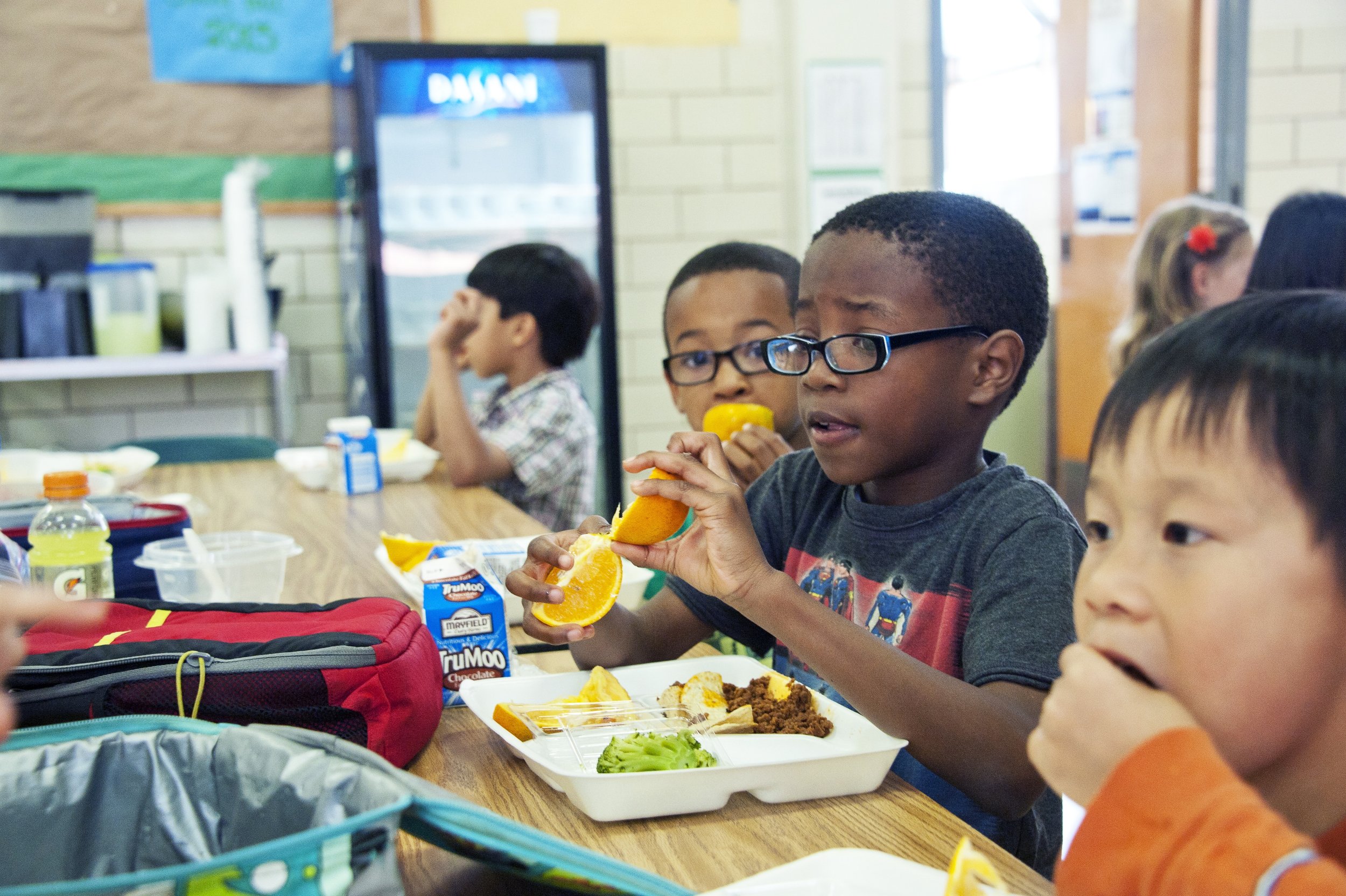
State passes a bill to expand free school meal access
The bill, SB1300, will go into effect with the upcoming 2025-26 school year and will cover students whose family income is not more than 300 percent of the federal poverty level.
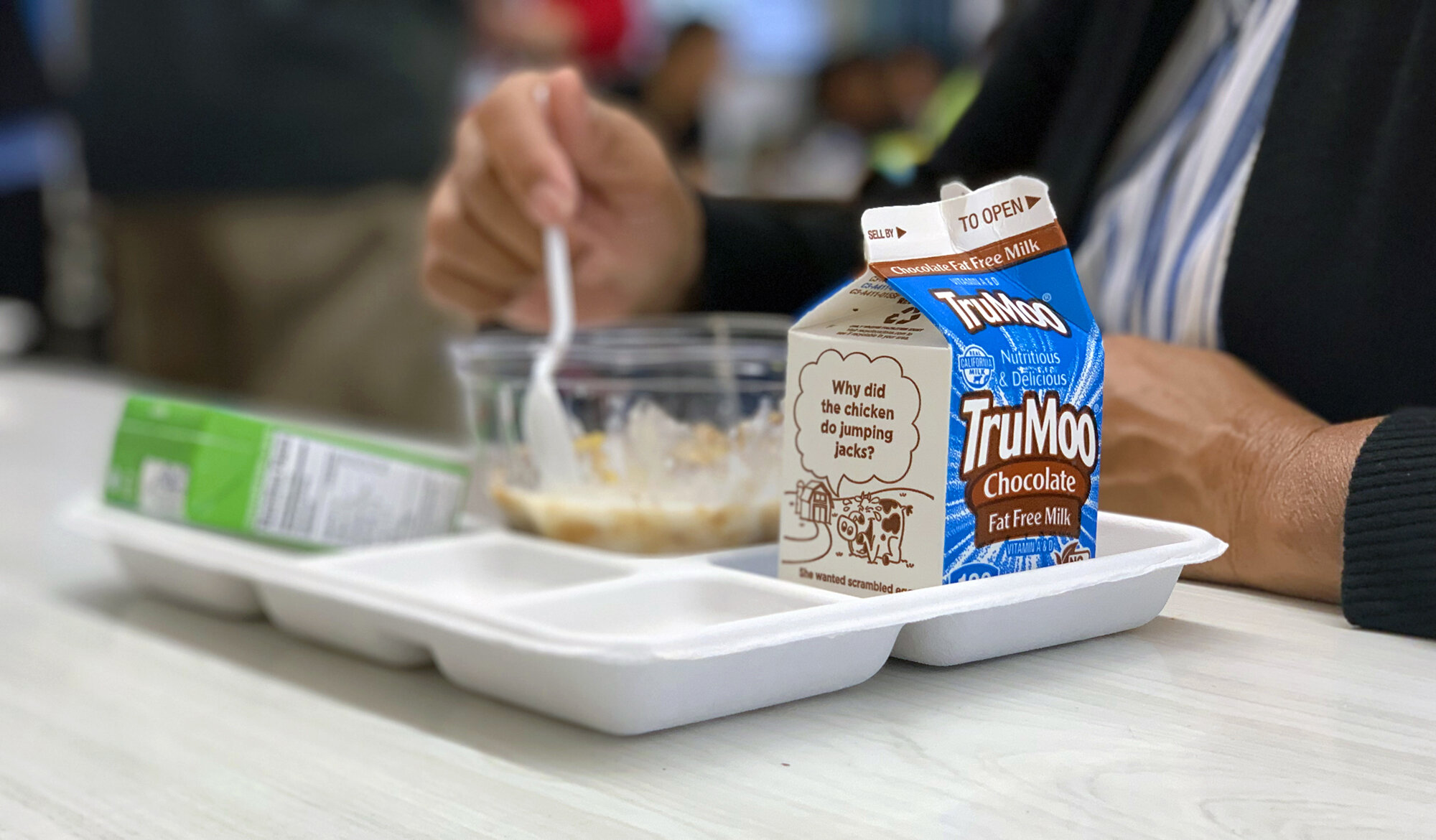
State officials discuss expansion of free school meals
SB1300 would require the state DOE to appropriate funding for meals for students who come from households classified as “asset limited, income restrained, employed,” (ALICE).

Hawaiʻi families could face big price hike for school meals
Charging elementary and middle school students $4.75 for lunch would be a huge hit to working families, advocates say.

Legislators look to support student recovery from the pandemic
Some lawmakers and advocates say schools need more help with funding gaps, especially after federal assistance expired this fall.
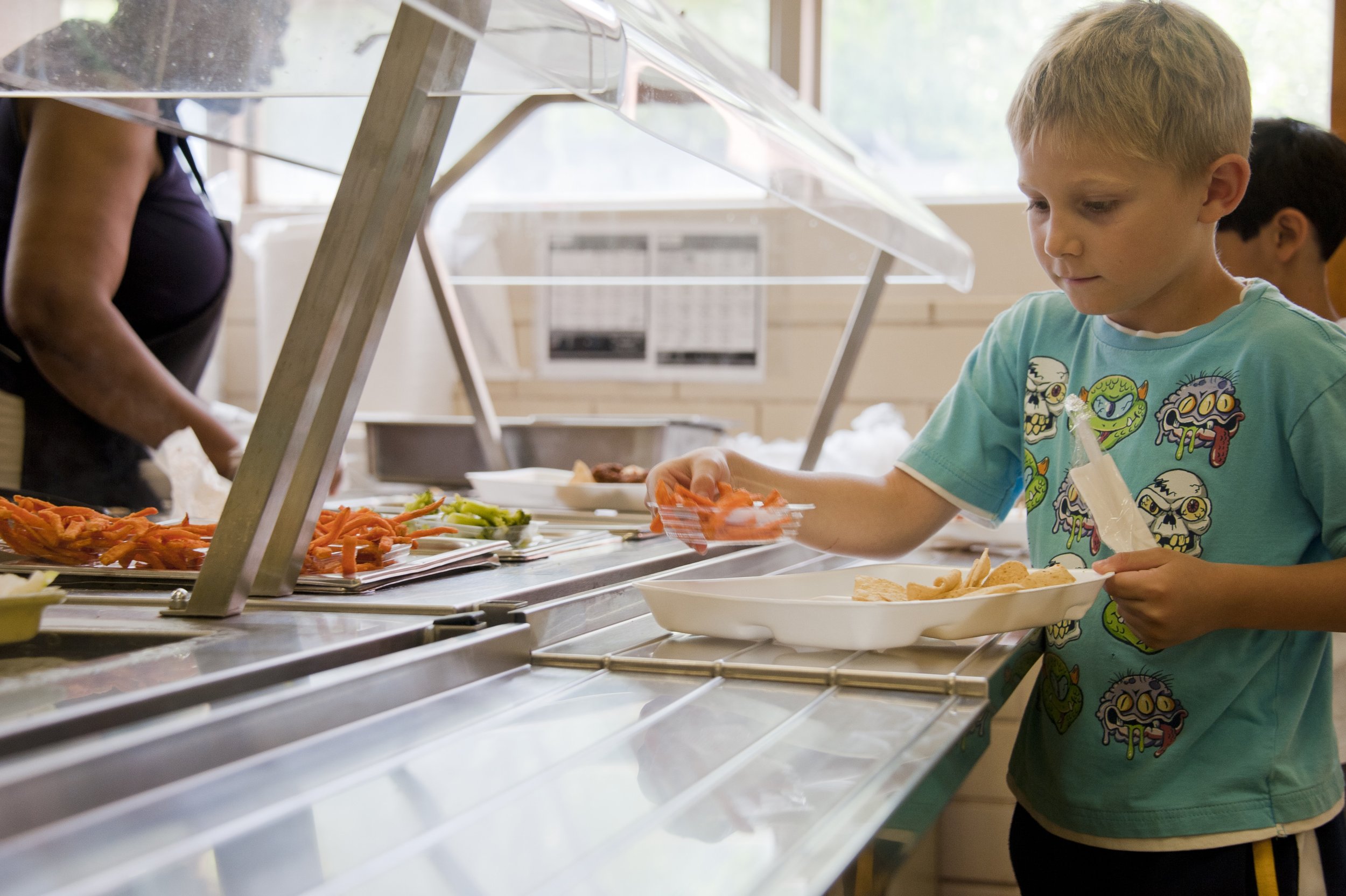
Bills to transform Hawaiʻi’s school meals die in Senate
A handful of well- supported bills to transform student meals in Hawaiʻi’s public schools appears to be dead for this legislative session.
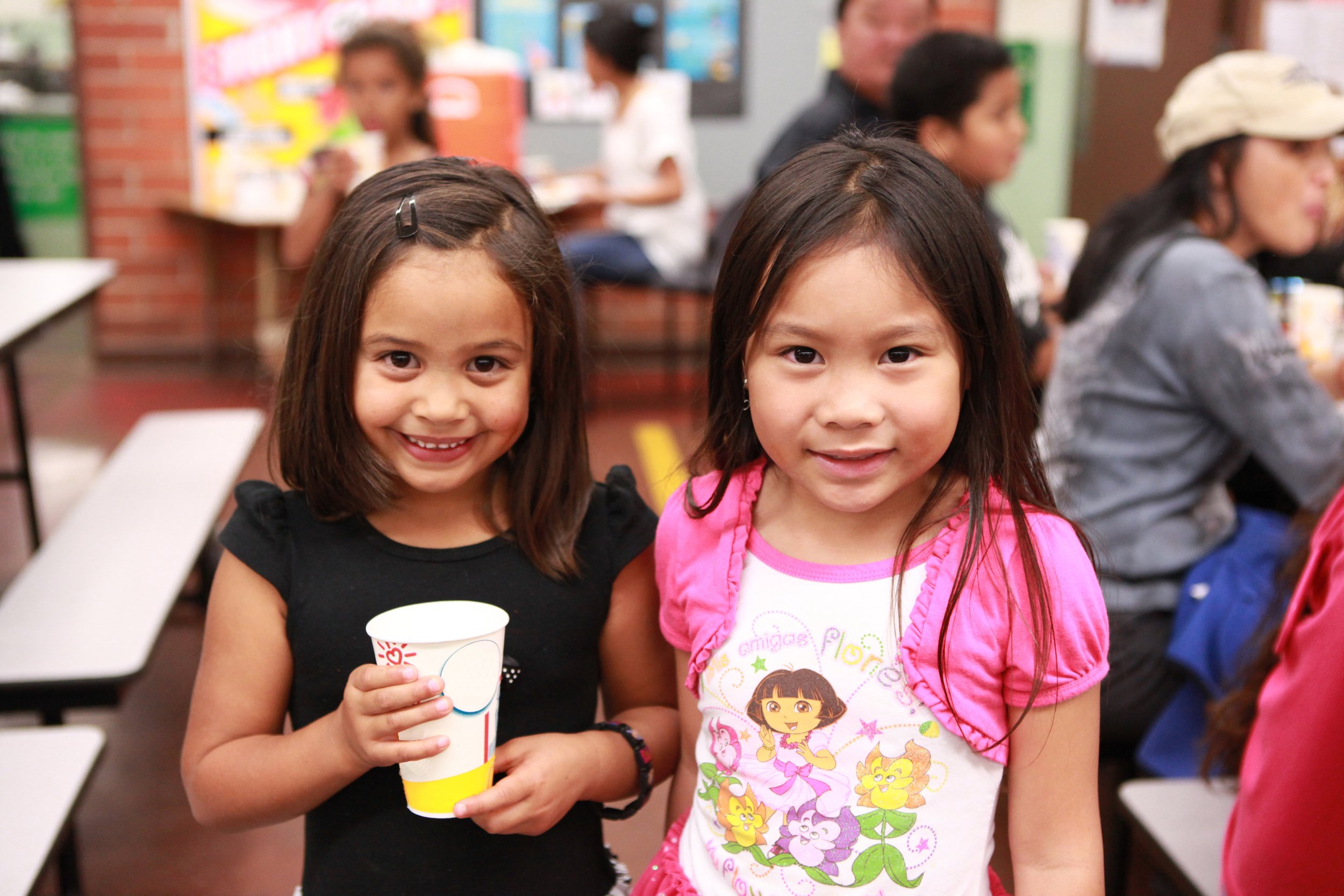
USDA raises meal reimbursement rate for Hawaiʻi’s kids
While the new rate is still less than half of what advocates wanted, it’s been met with praise in Hawaiʻi.

State gets more funding for school lunches
Funding will go toward providing healthy meals at Hawaiʻi schools, child care, after-school and summer programs where more than 100,000 children will benefit.

Hawaiʻi missed out on $200M in federal funding for school meal programs, report says
The Hawaiʻi Appleseed study found that federal programs meant to reimburse organizations that feed Hawaii’s children have not taken into account more than 40 years of increases in local food costs.
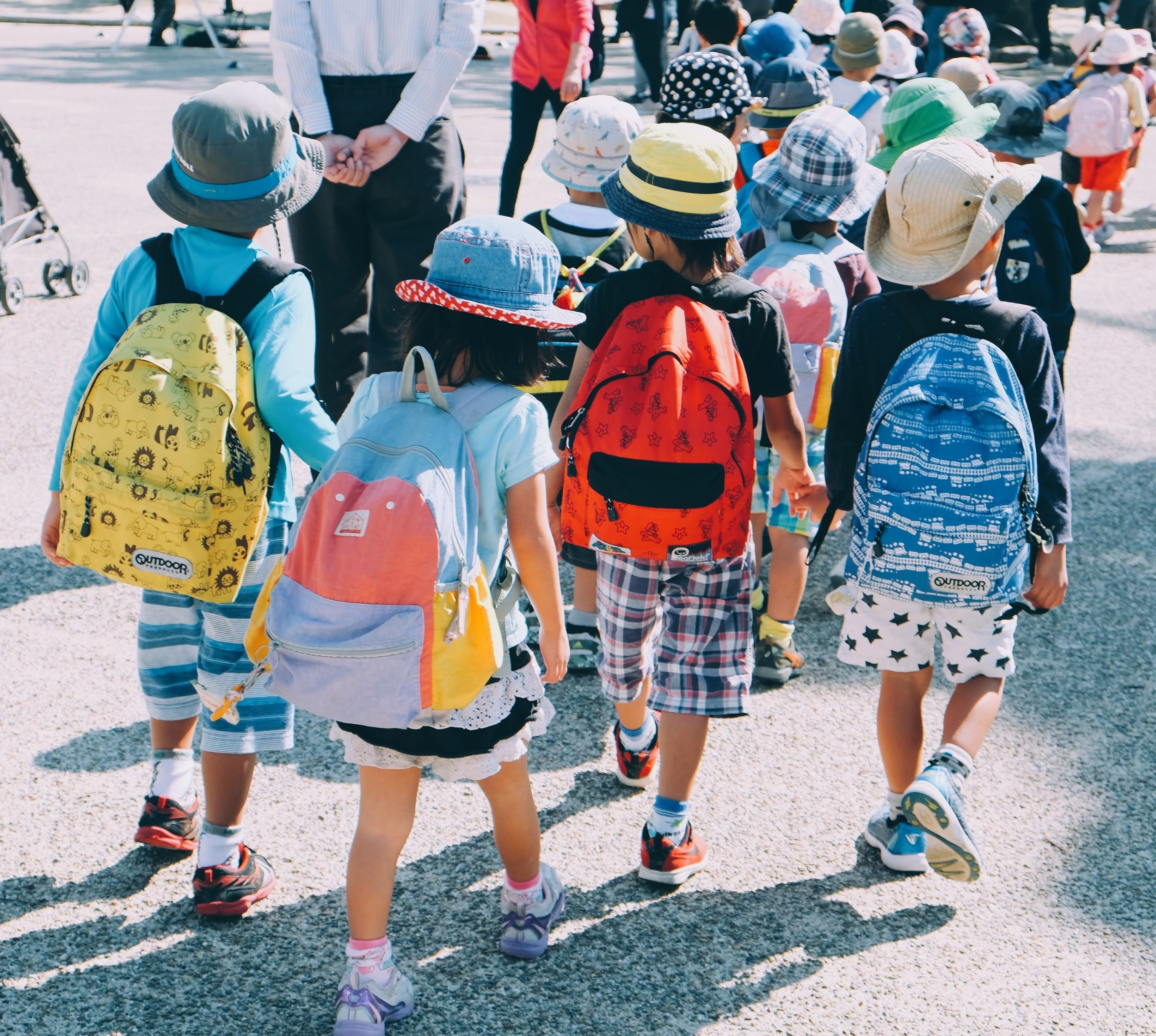
Hawaiʻi’s federal child nutrition funding is outdated and insufficient, report finds
Federal reimbursement rates for child nutrition programs in Hawaiʻi do not currently reflect the high cost of living, a new report found.
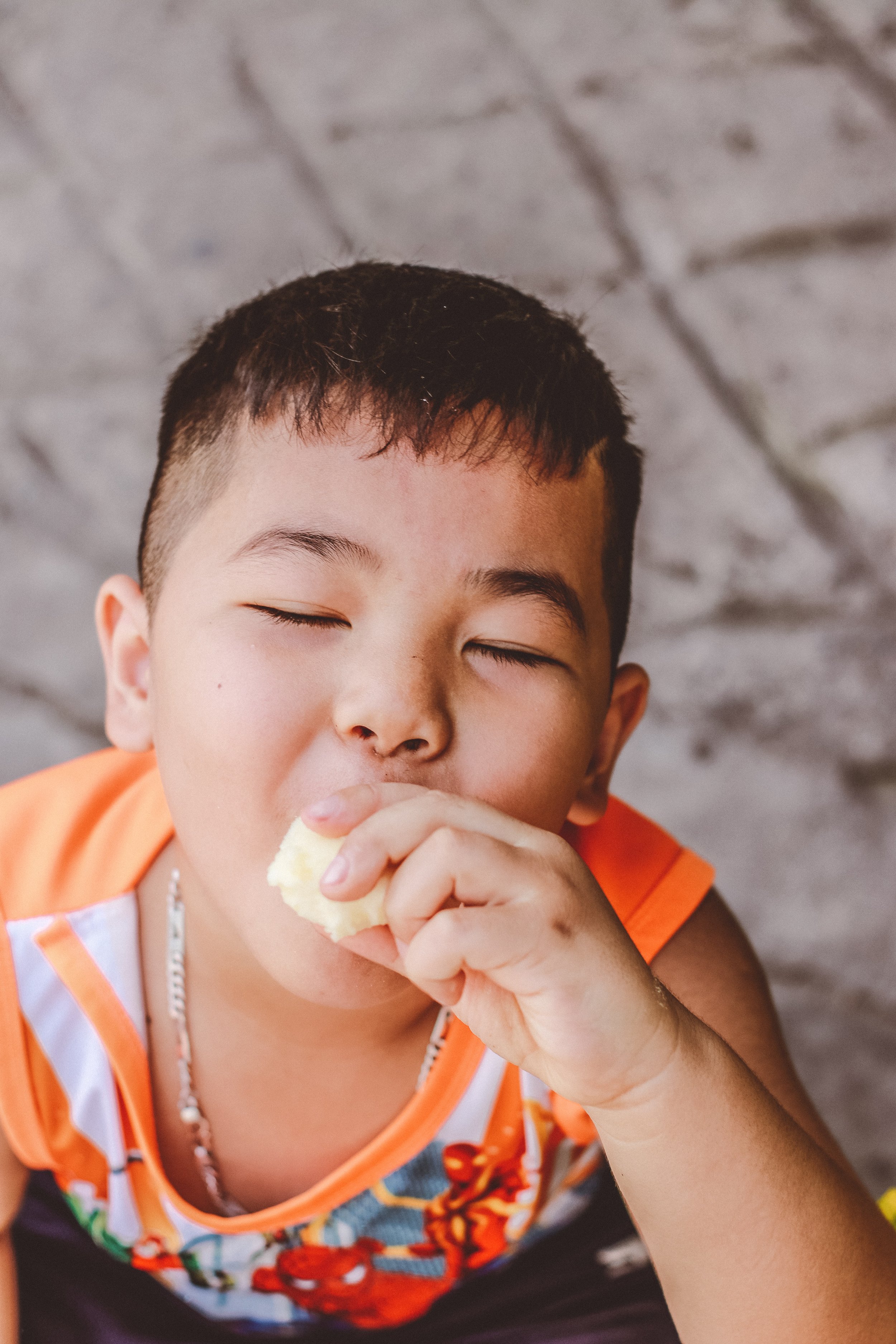
A pandemic program that fed schoolchildren last summer is now in jeopardy
The USDA is in the middle of examining its reimbursement rates for school meals in Hawaiʻi, but its findings aren’t expected to be released for a few more years.
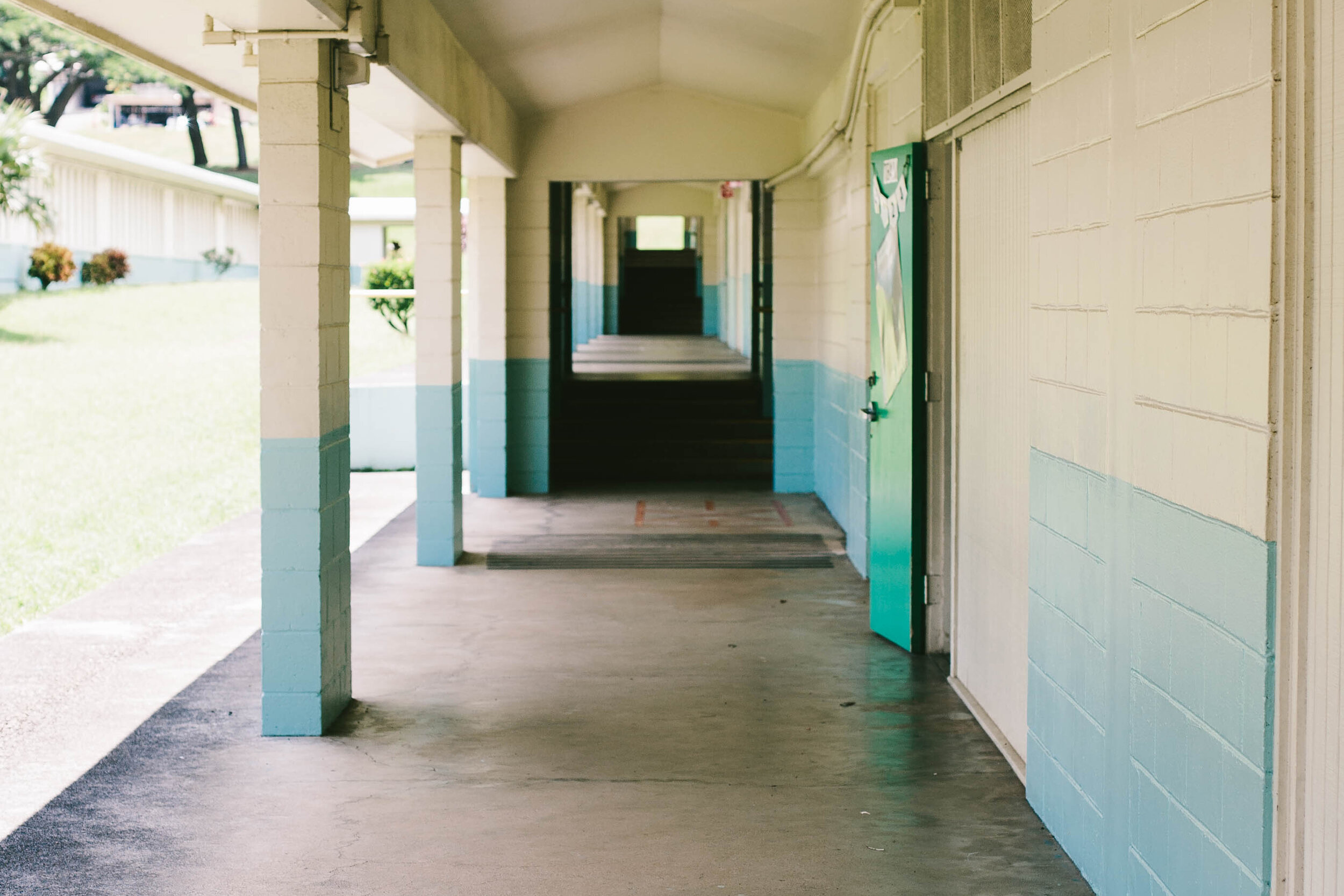
Report: Federal funding flaw shortchanges Hawaiʻi’s school nutrition programs
The Hawaiʻi State Department of Education is paying tens of millions of dollars to feed Hawaiʻi school children due to a flaw in the funding method used by the federal government, according to a report.
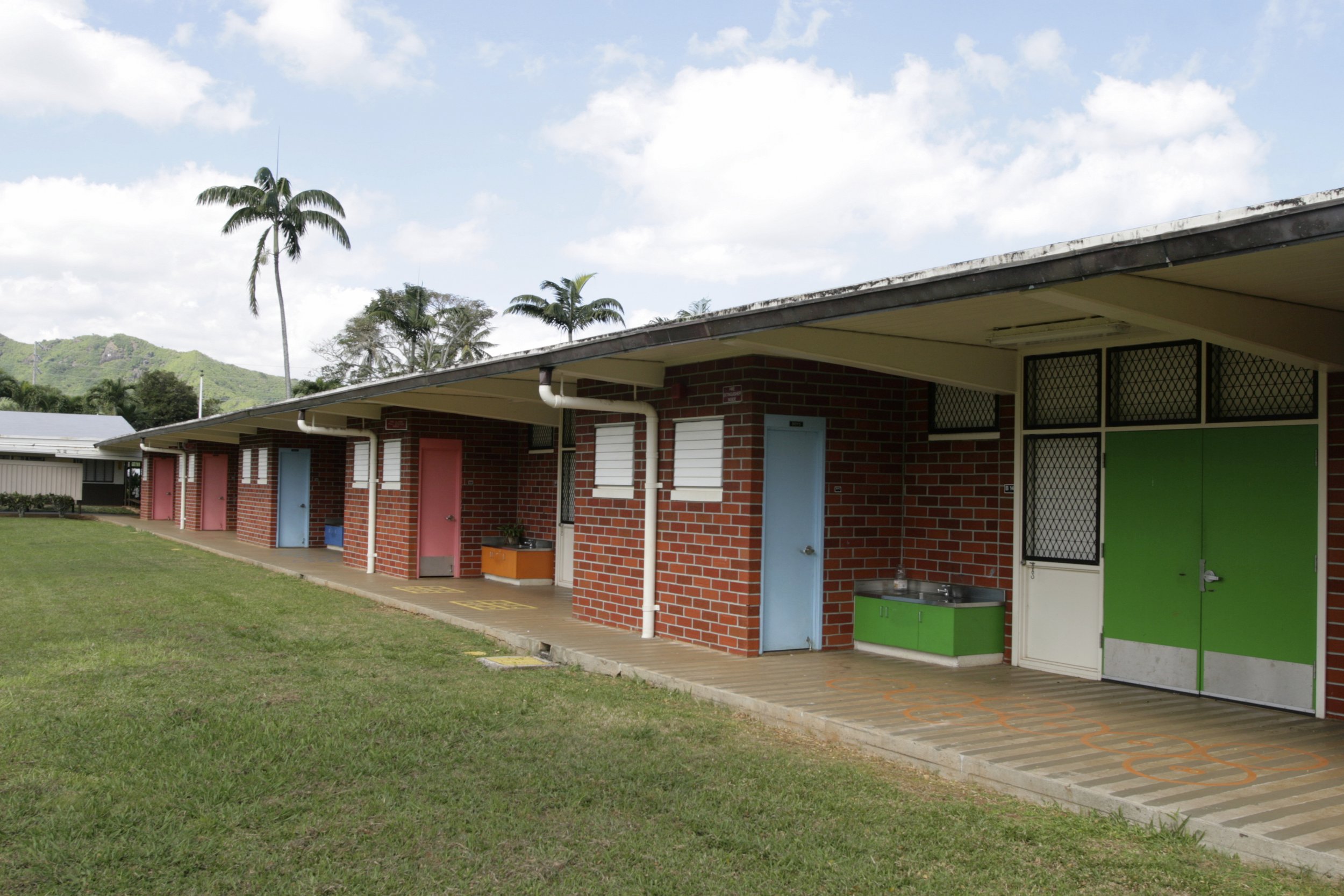
Hawaiʻi’s keiki nutrition programs facing financial crisis
The state is missing out on tens of millions of federal dollars each year to provide meals for needy children.
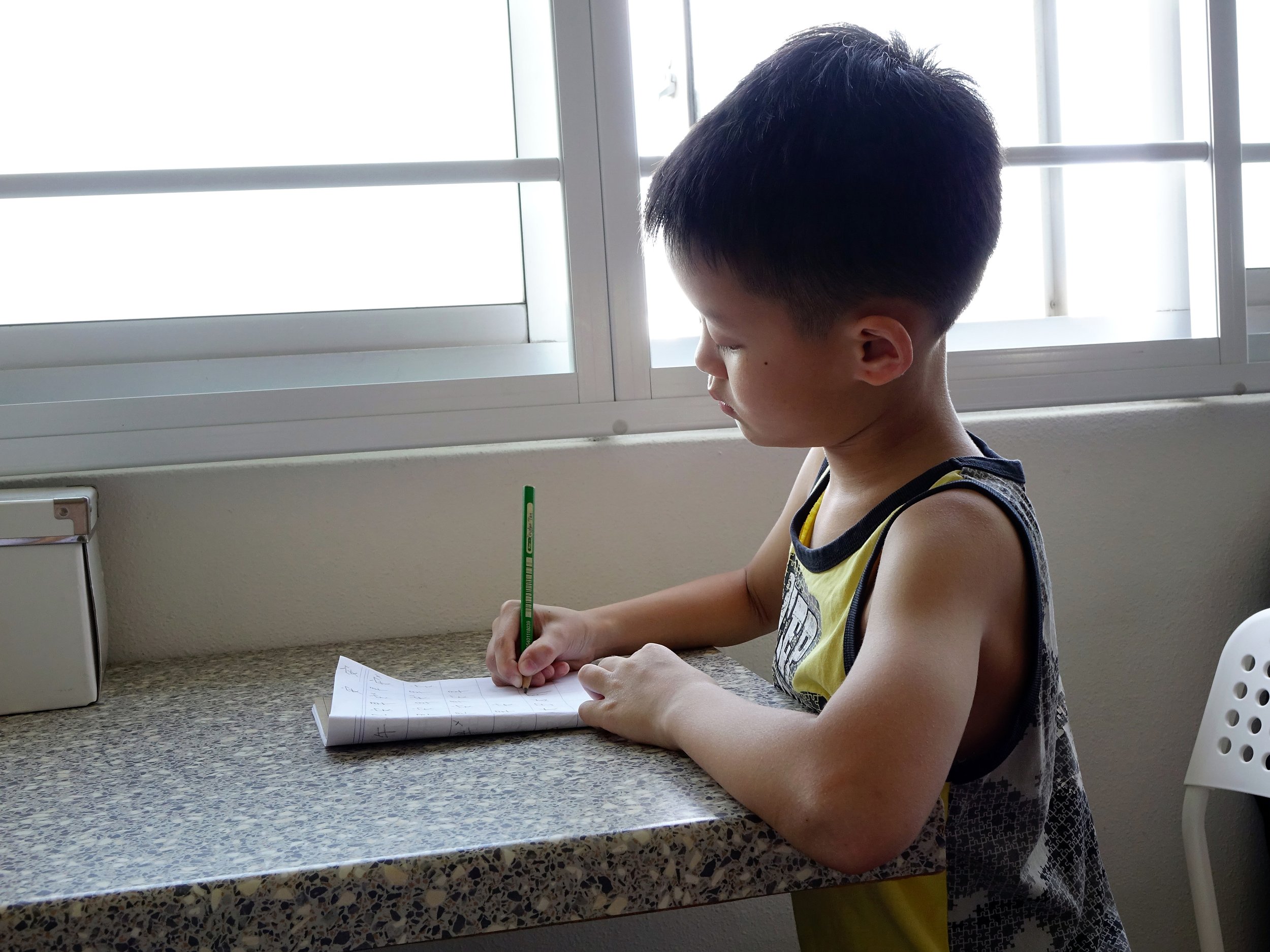
Report: Hawaiʻi missed out on $200 million in federal funding to feed children since 2000
This discrepancy stems from a federal analysis that hasn’t been updated since 1979, according to the report.

Hawaiʻi kids could lose access to free meals at school with end of federal funding
Public school students have been eligible for free breakfast and lunch during the pandemic through a program that is set to expire in June.

Fundraising campaign kicks off next week to help fight child hunger
An annual fundraising campaign kicks off next week to help fight child hunger and expand participation in free breakfast programs at public schools.

The pandemic has transformed how aid groups help elderly in need
Federal COVID-19 relief funds helped local groups coordinate outreach to better serve kupuna who were often isolated during the pandemic.
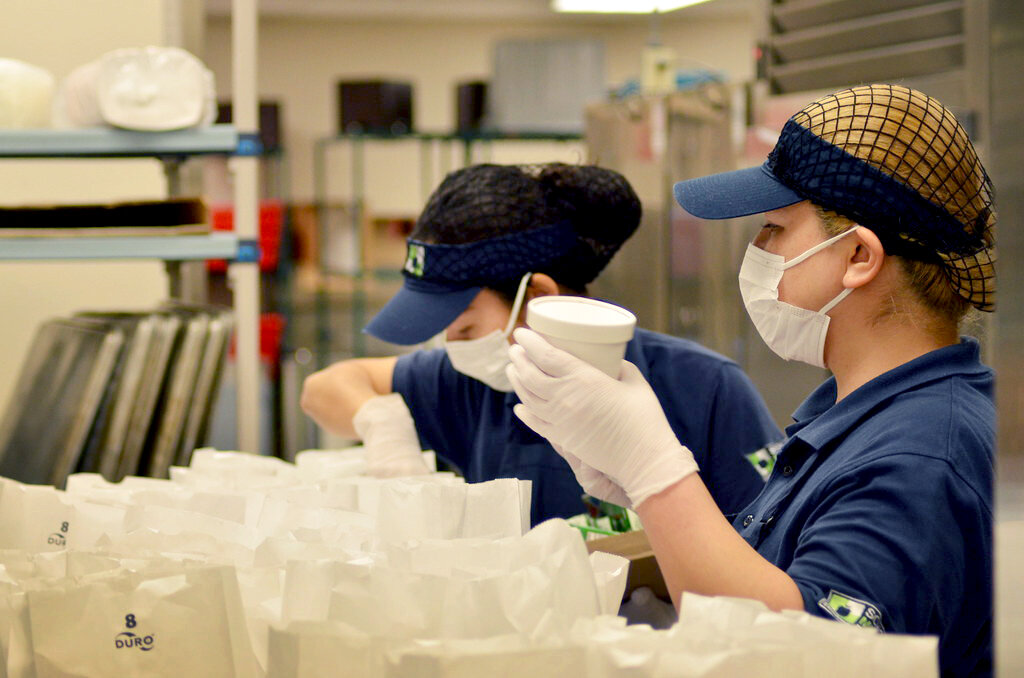
DOE improves free school breakfast program during pandemic
Hawaiʻi Appleseed has monitored the ranking for years, and has been working with the DOE to improve those numbers.
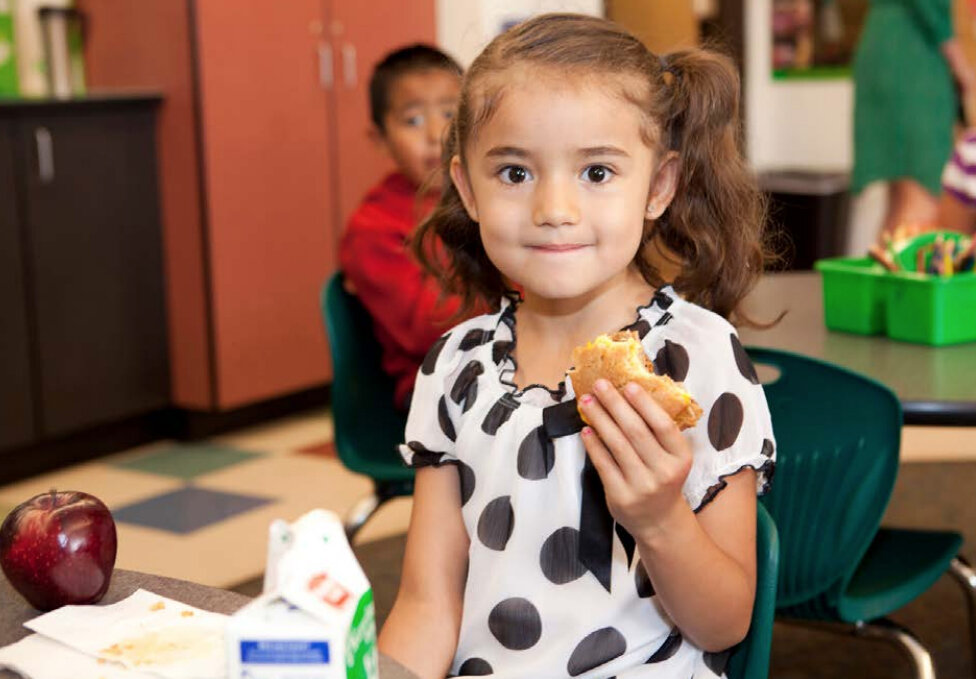
Hawaiʻi ranks 50th in low-income children participating in national school breakfast program
Some 25,559 low-income Hawaiʻi children participated in the School Breakfast Program during the 2019–2020 school year—or about 40 percent of those eligible.

Sowing seeds of service
“Our work is to bring all these different sectors together and create lasting solutions and changes.”
